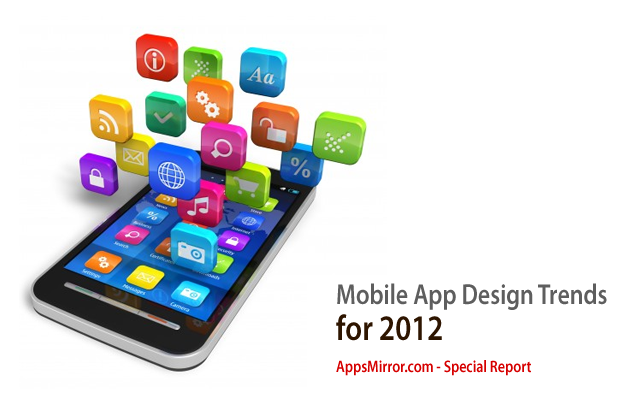Technology continues to shape education in exciting ways, and educational apps in 2025 are more innovative, interactive, and accessible than ever. Whether you’re a parent looking to support your child’s learning, a student wanting to boost study habits, or an adult exploring new skills, there’s an app designed to help. This guide highlights the top educational apps for all age groups in 2025, offering solutions for learners of every stage.
Related Reading on Our Site: Best Mobile Apps for Students in 2025
Why Educational Apps Matter in 2025
Educational apps aren’t just tools; they’re essential for modern learning. These apps cater to various needs—academic support, personal growth, professional development, and creative skills. With advancements in AI, gamification, and adaptive learning, these platforms provide personalized experiences to keep learners engaged and motivated.
Best Educational Apps for All Ages
1️⃣ Khan Academy
Khan Academy continues to lead with free, high-quality resources in math, science, history, and more. Its structured courses suit learners of all ages, from elementary to adult learners.
2️⃣ Duolingo
Duolingo makes language learning enjoyable through gamification and daily practice. In 2025, its AI-driven lessons are more personalized than ever, ideal for kids and adults alike.
3️⃣ Coursera
Coursera partners with top universities to offer professional certificates and degree programs online. It’s perfect for teens preparing for careers and adults looking to upskill.
4️⃣ ABCmouse
ABCmouse is a trusted learning app for young children, offering interactive lessons in reading, math, and science through fun activities and games.
5️⃣ Brilliant.org
Brilliant.org focuses on problem-solving and critical thinking skills in STEM fields through interactive, hands-on learning. Suitable for advanced students and curious adults.
6️⃣ FutureLearn
FutureLearn provides a wide range of online courses from leading universities around the world, perfect for adults seeking professional or personal growth.
How to Choose the Right Educational App
Age-Appropriate Content
Select apps tailored to the learner’s age group to ensure engagement and comprehension.
Learning Goals
Identify whether the app supports academic, professional, or personal development goals.
User Experience
Apps should offer an intuitive interface and engaging content to maintain motivation.
Reviews and Credibility
Opt for apps backed by educational institutions or positive user reviews for credibility.
Benefits of Educational Apps in 2025
✅ Encourages lifelong learning
✅ Supports flexible, self-paced education
✅ Provides interactive and personalized content
✅ Bridges gaps in traditional education systems
Final Thoughts
The best educational apps for all age groups in 2025 provide flexible, accessible, and engaging learning experiences. Whether it’s for kids learning to read, teens exploring career paths, or adults acquiring new skills, these apps make education a lifelong journey.
Explore More on Our Blog: Top Online Collaboration Tools for Remote Teams in 2025
Frequently Asked Questions (FAQs)
1. What is the best educational app for children in 2025?
ABCmouse remains a top choice for young learners due to its interactive and engaging curriculum designed for early childhood education.
2. Are there free educational apps suitable for adults?
Yes, Khan Academy and Coursera offer a wide range of free courses for adults looking to learn new skills or explore new fields.
3. How can educational apps benefit teenagers?
Apps like Brilliant.org and Duolingo help teens develop problem-solving, language, and critical thinking skills, preparing them for higher education and careers.
4. Can educational apps replace traditional schooling?
Educational apps are excellent supplements but are not replacements for formal education. They enhance and personalize learning experiences alongside traditional methods.
5. What should I look for when choosing an educational app?
Focus on age-appropriate content, alignment with learning goals, user engagement features, and credibility through user reviews or academic partnerships.





